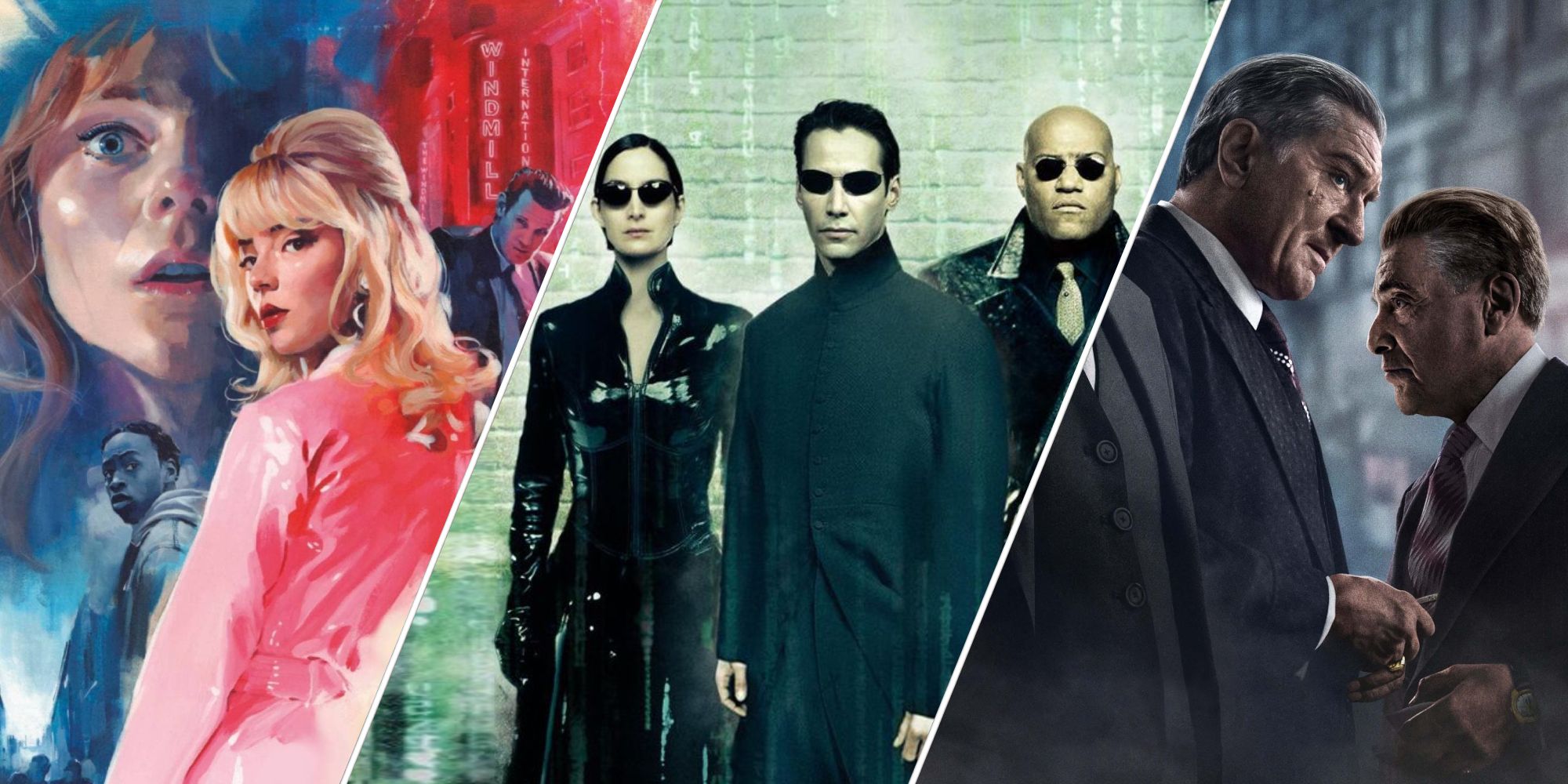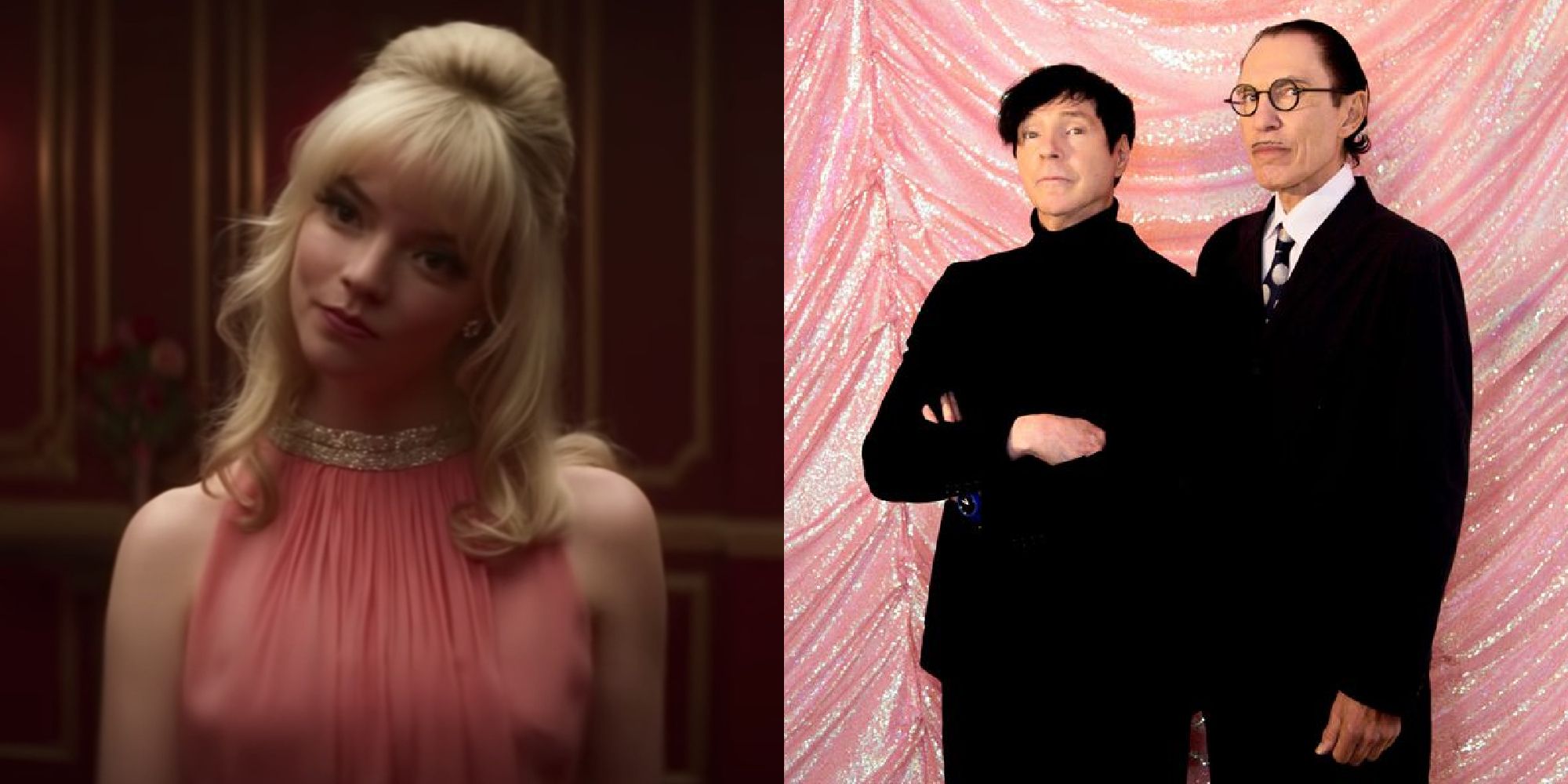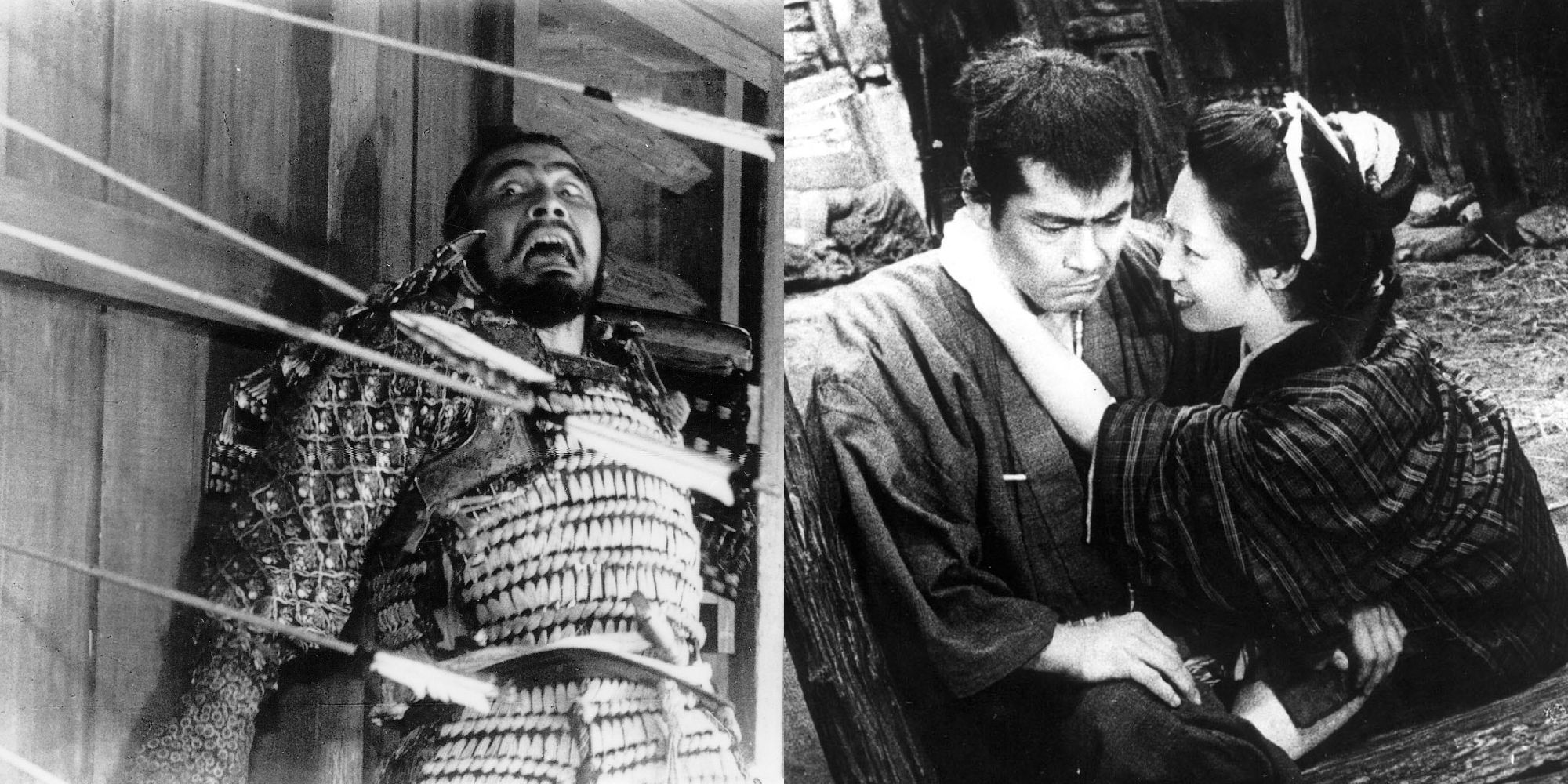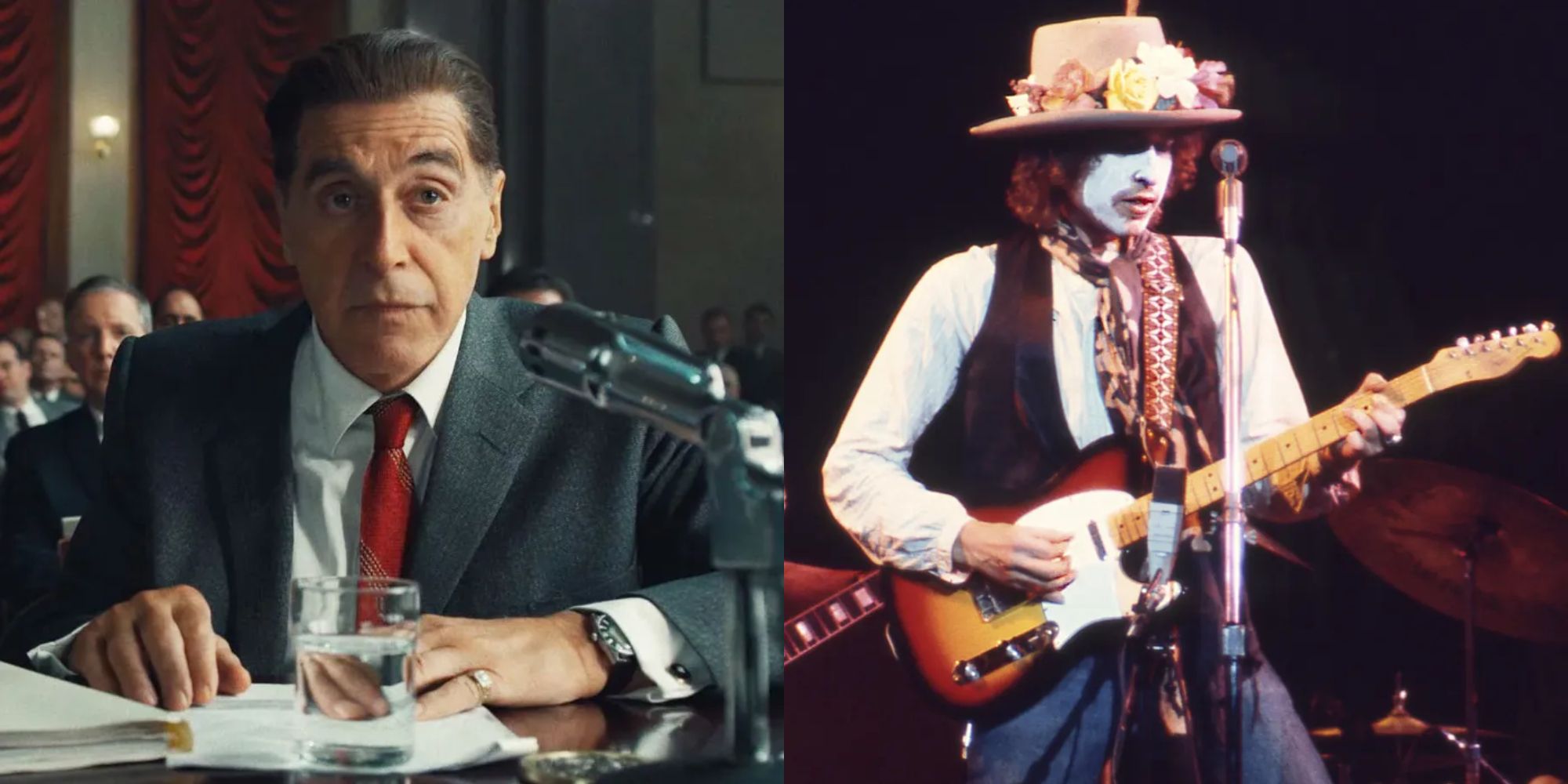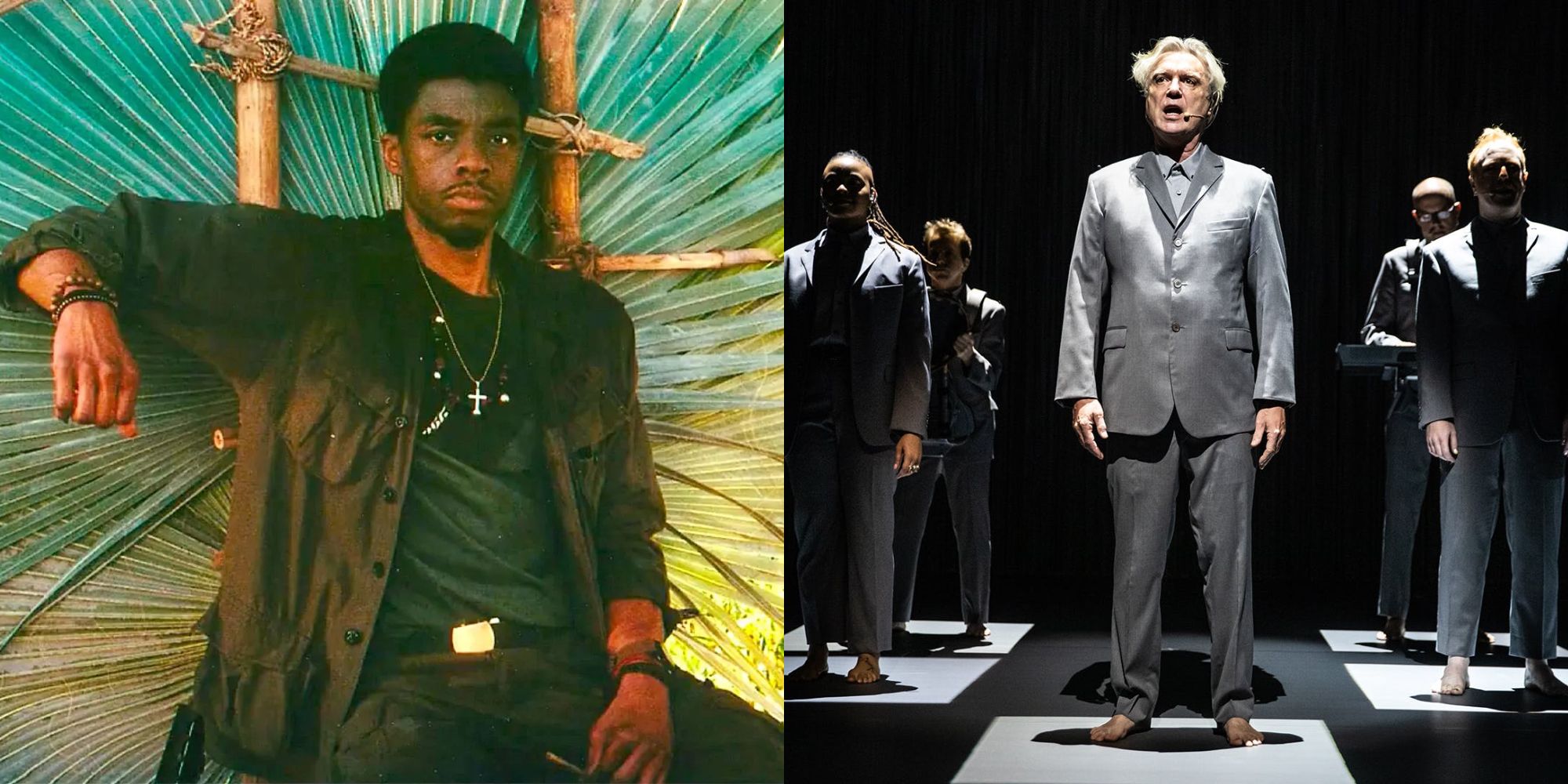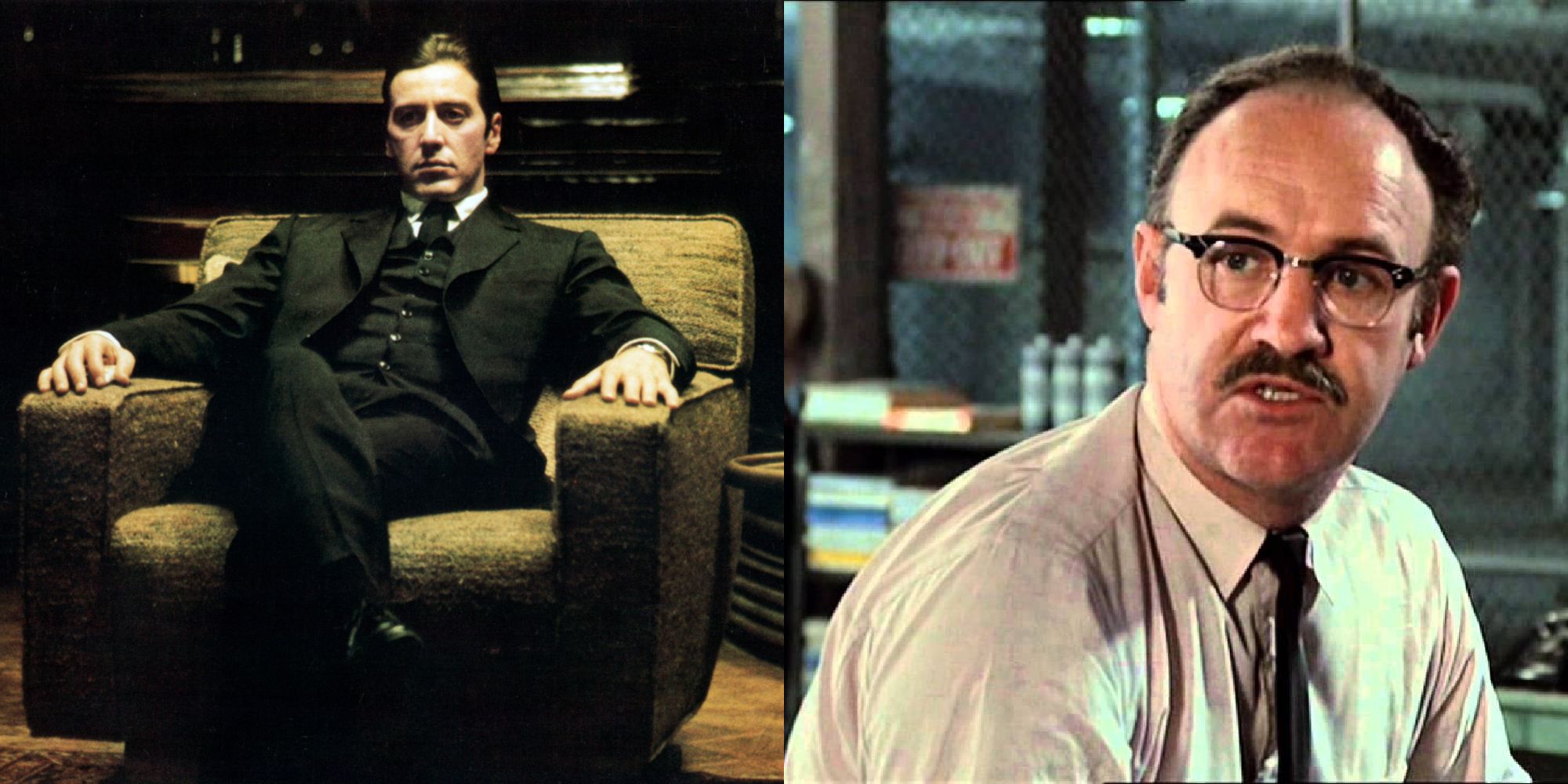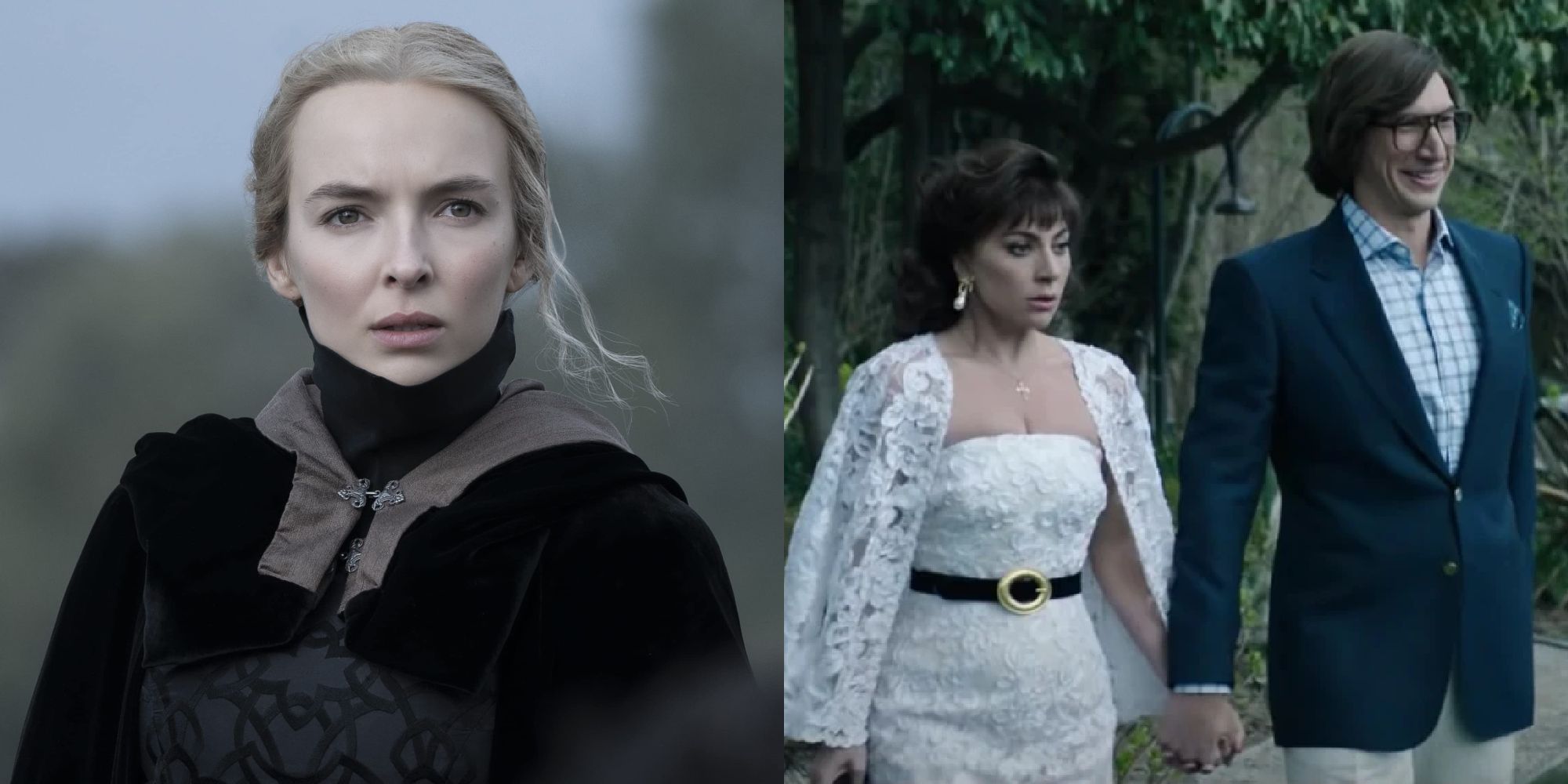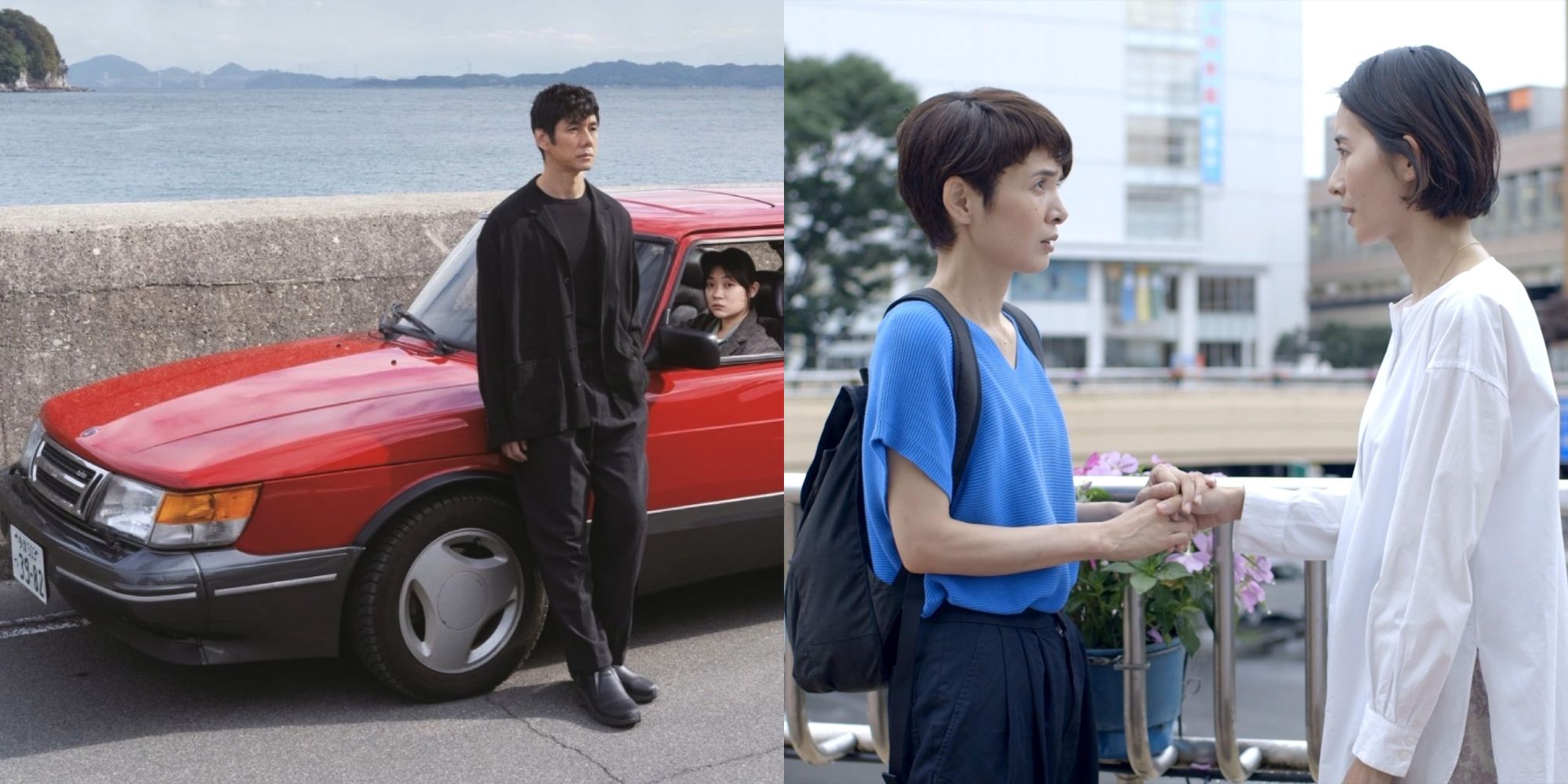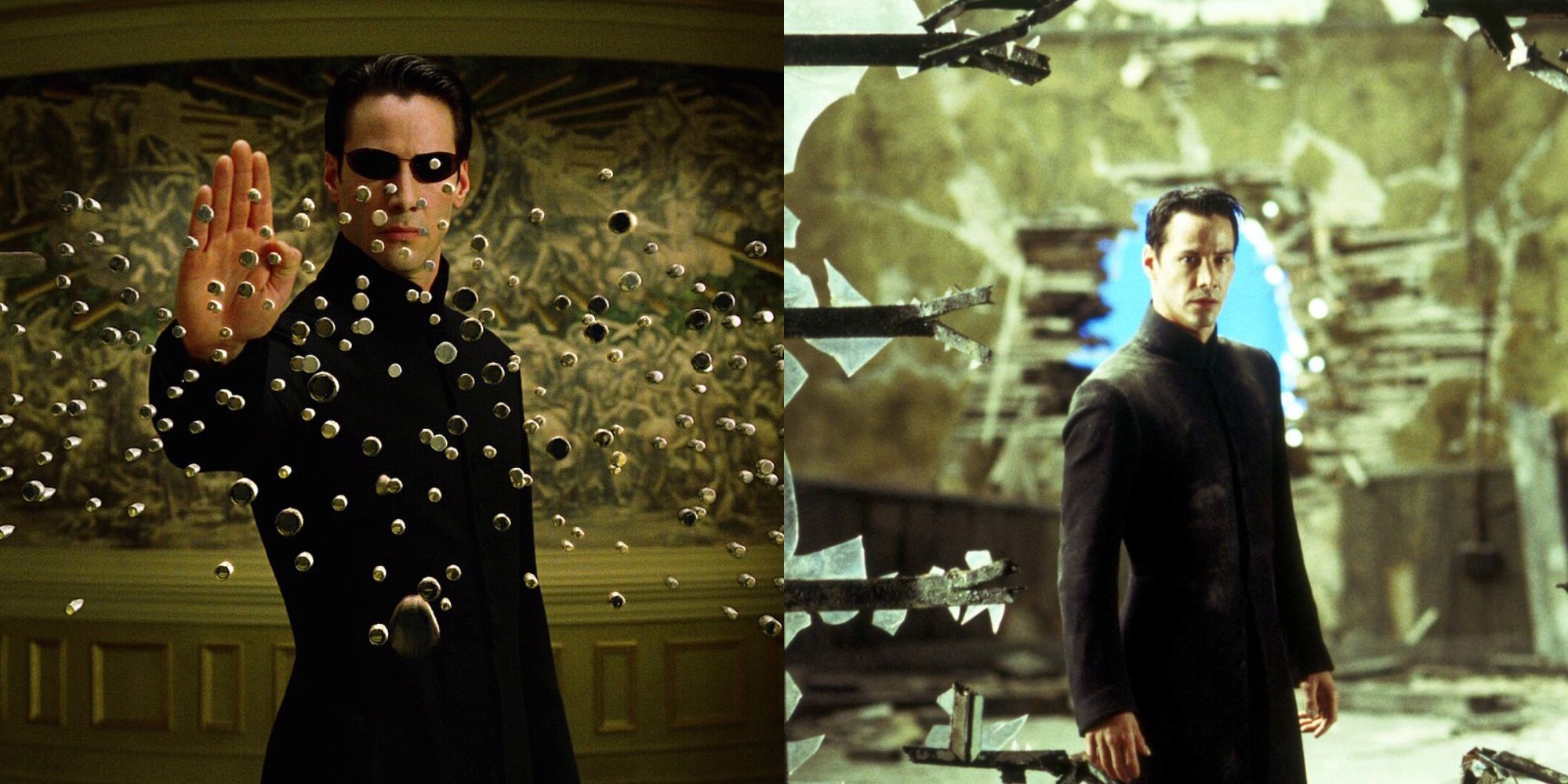Releasing a movie is tough work for everyone involved, especially the director. Ideally, they're the person who's in control of the film throughout all stages of production. If you think about it, a film's writer is mostly involved in the pre-production, the cast are essential for the production/filming stage, and the editor is there mostly for post-production. They're all important roles, but they can more or less be attributed to one stage of a film's production.
If a director is there for all three, that probably means they've spent the most time on the film, which might be why they get to have their name first in the credits, or on a film's poster. This all means that directing even a single movie is a huge achievement, but then there are directors so prolific they've done this process efficiently enough to release two movies within one year. To celebrate those extra prolific directors, here are nine who managed to release two movies within the same year.
Edgar Wright: 'Last Night in Soho' & 'The Sparks Brothers' (2021)
2021 ended up being a good year for Edgar Wright fans. His psychological horror movie, Last Night in Soho, was filmed in 2019 and slated for release in 2020, but was pushed back to 2021 because of COVID. In the meantime, Edgar Wright was able to then make a comedic music documentary about one of his favorite bands, Sparks, simply called The Sparks Brothers. However, while the two men in Sparks are brothers, Sparks is not their family name (it's Mael).
Each demonstrates Wright's growing versatility as a director, with Last Night in Soho demonstrating his knack for pulling off a solid horror movie, and The Sparks Brothers showing he can make a great music documentary. It ended up being a good year for the Mael brothers, too, as they wrote their first screenplay for another 2021 release, Annette (starring Adam Driver).
Akira Kurosawa: 'Throne of Blood' & 'The Lower Depths' (1957)
Akira Kurosawa is perhaps the most famous Japanese filmmaker of all time, and is celebrated for both the quality of his movies and the quantity. Throughout his 50-year career, he directed 32 feature films, and often wrote the screenplays, too. 1957 ended up being one of his biggest years, with two films that also both starred his most frequent collaborator, Toshirô Mifune, himself among the most famous Japanese actors of all time.
Mifune's inclusion in the cast and the fact that each are based on plays - with Throne of Blood being a Macbeth adaptation, and The Lower Depths being based on a Maksim Gorky play of the same name - are the biggest similarities. Throne of Blood is the more well-known of the two - and probably the stronger film overall - but they each represent Kurosawa at his most prolific, and show how efficiently he could adapt a pre-existing work to the big screen.
Martin Scorsese: 'The Irishman' & 'Rolling Thunder Revue: A Bob Dylan Story' (2019)
Even in his late 70s, Martin Scorsese shows no signs of slowing down. He put out some of his best work in the 2010s, and capped off the decade with a fantastic 2019 that saw him release two movies for Netflix: the 3.5-hour-long crime drama, The Irishman, and the uniquely bizarre documentary/concert film, Rolling Thunder Revue, which adds to the mystique of legendary musician Bob Dylan through its surreal, sometimes confounding presentation.
The Irishman is far from Scorsese's first crime film, of course, and neither is Rolling Thunder Revue his first music documentary, as he's also directed documentaries about George Harrison and The Rolling Stones. But with these two 2019 releases, he puts a unique spin on two genres he'd already mastered, demonstrating Scorsese's seeming unwillingness to be slowed down or stifled by age.
Spike Lee: 'Da 5 Bloods' & 'American Utopia' (2020)
2020 was a difficult year for a variety of reasons, but if there's a silver lining to it, the year did see Spike Lee release two of his best movies. Perhaps the most popular (and strangely divisive) of the two was Da 5 Bloods, a powerful and amazingly acted film that put a uniquely compelling - and often disturbing - spin on the war genre.
And then came American Utopia, which almost couldn't be more different, given it was a highly cinematic concert film of David Byrne's American Utopia live show. Given Byrne was the front-man for Talking Heads, who themselves have one of the most classic concert films of all time - Stop Making Sense - it ends up making sense that American Utopia is a worthy "sequel" of sorts, especially with Spike Lee behind the camera.
Francis Ford Coppola: 'The Godfather: Part II' & 'The Conversation' (1974)
As a director, Francis Ford Coppola doesn't really need an introduction. He was the filmmaker behind The Godfather trilogy and the director of Apocalypse Now, where he helmed one of the most notoriously chaotic and troubled film productions of all time, only to end up making one of the most critically-acclaimed war films ever.
The first two Godfather films, Apocalypse Now, and The Conversation all came out in the 1970s, and all were critically well-received and still hold up today. 1974 was a particularly impressive year for Francis Ford Coppola, given his two releases each received Best Picture nominations at the Oscars. The Godfather: Part II ended up winning, and The Conversation notably won the Palme d'Or the same year. It might be fair to say that as far as directors go, 1974 belonged to Francis Ford Coppola.
Ridley Scott: 'The Last Duel' & 'House of Gucci' (2021)
COVID may have had an impact on Ridley Scott having two movies released in 2021. Notably, both were quite large-scale movies with runtimes well over two hours and big casts (each including Adam Driver, notably). But then again, Ridley Scott is a director who seems skilled at making movies very quickly, so even without COVID delaying anything, The Last Duel and House of Gucci may still have been released close together.
House of Gucci may have overstayed its welcome a little, but it did provide some campy fun and enjoyably over-the-top performances. The Last Duel, on the other hand, was one of Scott's best films in years, but unfortunately ended up being overlooked by audiences and end-of-year award shows. It's a difficult but powerful film, mixing spectacle with hard-hitting themes that remain relevant today, even with the film taking place hundreds of years ago.
Ryûsuke Hamaguchi: 'Drive My Car' & 'Wheel of Fortune and Fantasy' (2021)
Japanese filmmaker Ryûsuke Hamaguchi obtained considerable international acclaim with his 2021 releases. Drive My Car was the most popular of his two 2021 films, earning several Oscar nominations and winning Best Foreign Film at the Oscars, while Wheel of Fortune and Fantasy was a solid companion piece of sorts, even if it wasn't quite as powerful.
The good news is that if a viewer likes one, they'll likely enjoy the other, too. Each film is quiet and understated, but deeply emotional once you spend enough time with them. They each deal with relationships, loneliness, and grief (especially Drive My Car), and condense multiple short stories into one film; Drive My Car blends its stories together, while Wheel of Fortune and Fantasy is essentially three short films in a row.
Lana and Lilly Wachowski: 'The Matrix Reloaded' & 'The Matrix Revolutions' (2003)
Perhaps this entry is cheating a little, given The Matrix Reloaded and The Matrix Revolutions were filmed together, yet released as separate films. Still, to take this approach and release both films so close together is rare, when you consider how something like The Lord of the Rings trilogy released one film per year, after filming all three simultaneously.
The Wachowskis' two follow-ups to their classic 1999 film, The Matrix, are ultimately more divisive. Each builds on the world established by that first film in ways that are compelling for some viewers, but confusing for others. Still, you can't fault the Wachowskis' ambition, and at the very least, The Matrix Reloaded objectively contains some of the best action scenes of any Matrix film.

